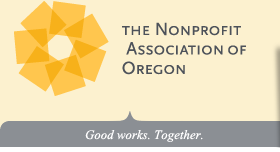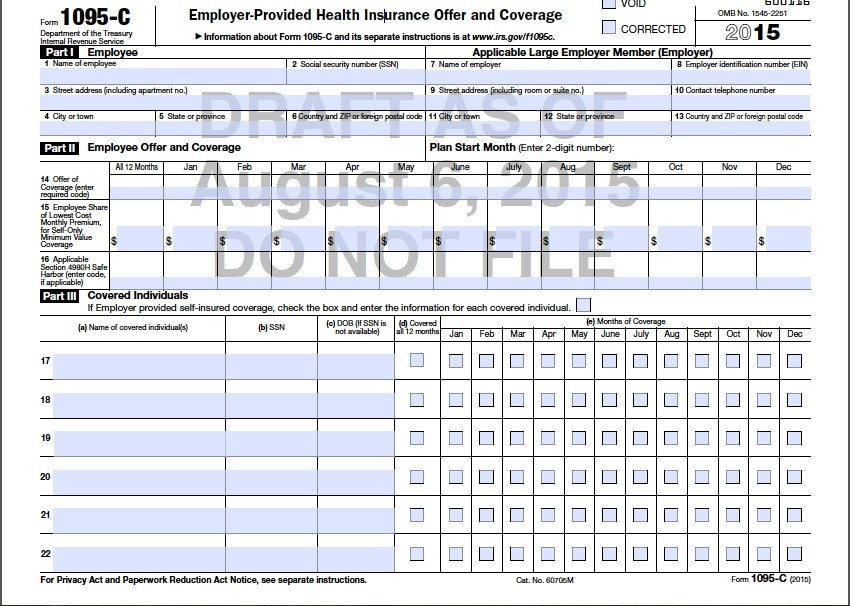Organizations with 51-100 Employees Can Maintain Large Employer Status
On October 7, 2015 President Obama signed into law the Protecting Affordable Coverage for Employees (PACE) Act, allowing organizations with 51-100 employees to maintain large employer status.
.png?width=1501&name=Nonstop_Logo-22-Horizontal%20(2).png)







